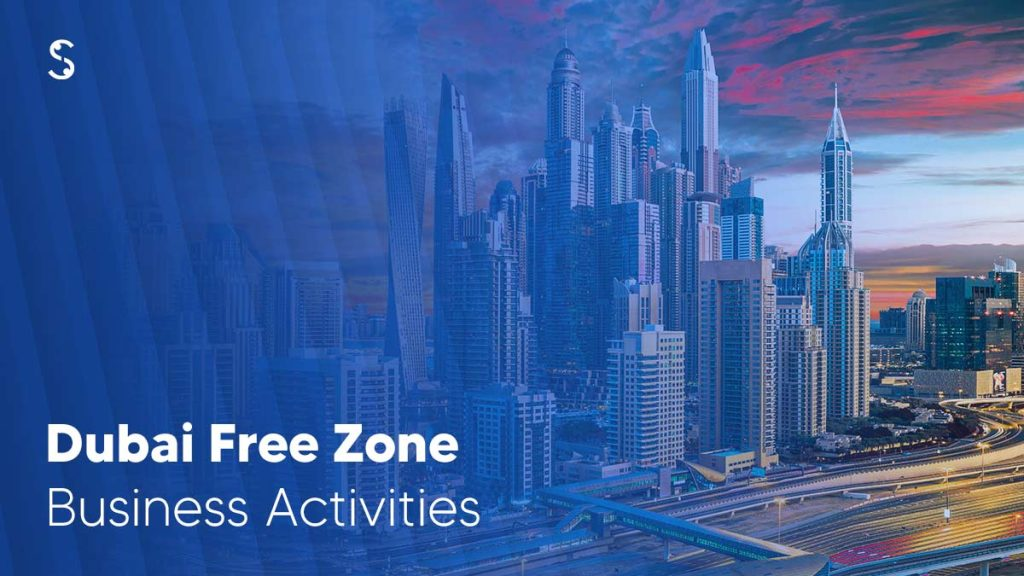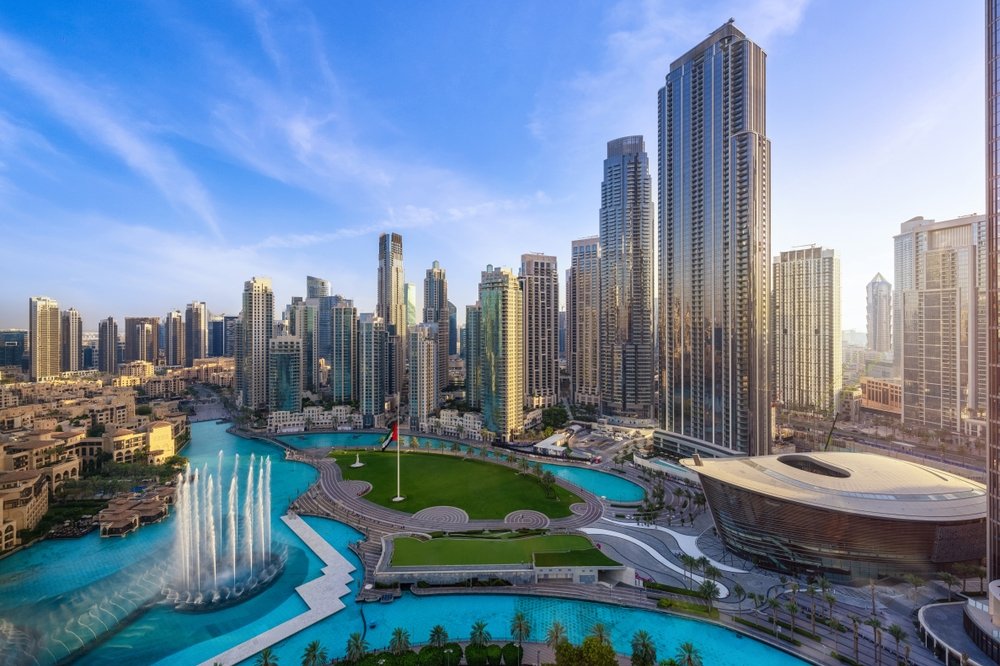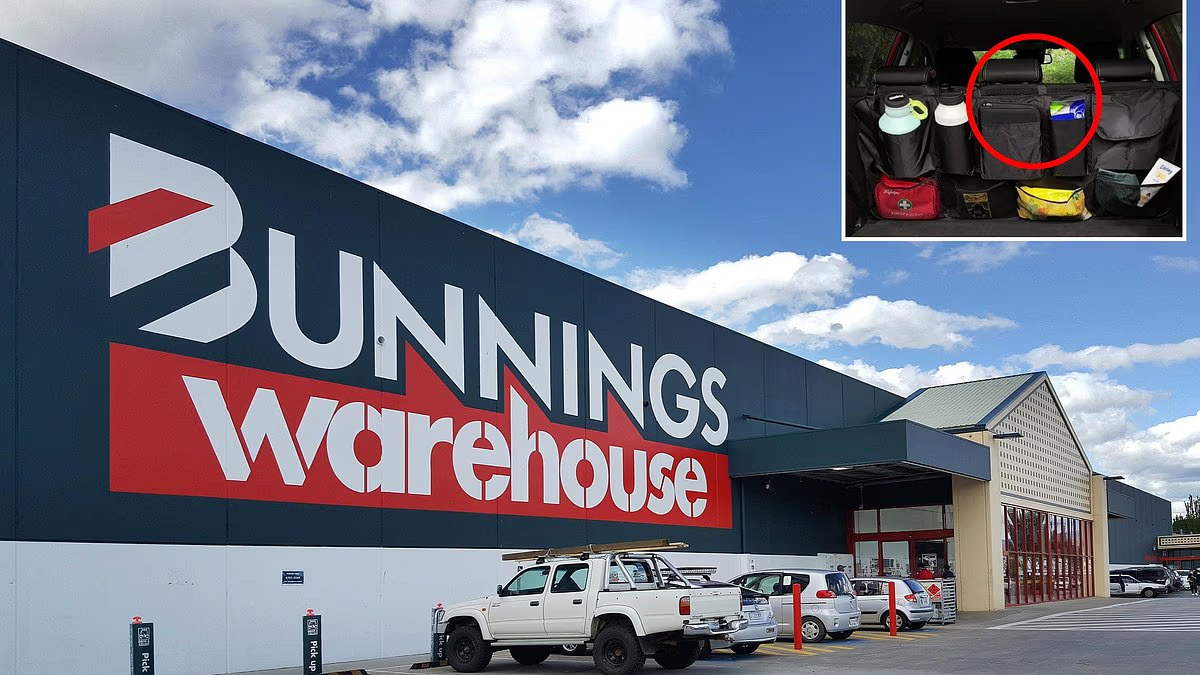Now Reading: 7 Significant Free Zone Business Licensing Reforms for 2025
-
01
7 Significant Free Zone Business Licensing Reforms for 2025
7 Significant Free Zone Business Licensing Reforms for 2025

Table of Contents
Free Zone Business Licensing Reforms: Dubai’s real estate market, a key draw for U.S. investors with 6-8% rental yields and no capital gains tax, is set for transformation in 2025 despite a projected 15% price decline per Fitch Ratings. The introduction of Executive Council Resolution No. (11) of 2025, issued on March 3, 2025, by His Highness Sheikh Hamdan bin Mohammed bin Rashid Al Maktoum, alongside other reforms, revolutionizes business licensing for free zone entities (FZEs) in Dubai.
These changes, aligned with the Dubai Economic Agenda (D33) to double the economy by 2033, enhance opportunities for real estate businesses in free zones like DMCC and JLT. This guide, crafted in clear, SEO-friendly language with an engaging tone, outlines seven significant free zone business licensing reforms impacting Dubai’s real estate sector in 2025, supported by data, legal insights, and risk analysis.
7 Significant Free Zone Business Licensing Reforms for 2025

1. Mainland Access for Free Zone Real Estate Businesses
Resolution No. (11) of 2025 allows FZEs to obtain licenses or permits from the Dubai Department of Economy and Tourism (DET) to conduct business in mainland Dubai, effective March 21, 2025, breaking historical restrictions limiting FZEs to free zone boundaries.
- Impact: Real estate firms in free zones like DMCC can now broker, lease, or manage properties across Dubai, accessing a broader market, including government contracts and the 3.948 million population.
- Investor Benefit: U.S. investors can set up a DMCC-based real estate company to operate mainland, securing 6-10% yields in prime areas like Dubai Marina without a separate mainland entity.
- Example: A DMCC real estate brokerage obtains a mainland license for AED 12,000 annually, earning AED 200,000 in commissions from JVC deals, boosting revenue by 20%.
- Action: Apply for a DET license by September 20, 2025, when DET publishes the list of permitted activities.
2. Dual Licensing Options for Flexibility
The resolution introduces two licensing types: a branch license for a mainland office or a branch license with headquarters in a free zone, both valid for one year and renewable annually. Permits for specific activities (e.g., property auctions) are also available.
- Impact: Real estate FZEs can choose cost-effective licensing (e.g., activity-specific permits at AED 5,000-10,000) or establish a mainland presence, enhancing operational scope.
- Investor Benefit: U.S. expats can manage Airbnb rentals in JVC via a DMCC permit, yielding 8-10%, without a full mainland branch, saving AED 25,000 in office costs.
- Example: A JLT firm secures a AED 10,000 permit for real estate auctions, generating AED 150,000 from mainland sales, avoiding AED 50,000 branch setup costs.
- Action: Consul to select the optimal license type by Q3 2025.
3. Simplified Licensing for Real Estate Activities

The Dubai Land Department (DLD) now offers 21 real estate-specific licenses via the Dubai REST App, including brokerage, property management, and development, with fees ranging from AED 5,000-15,000 annually, streamlining setup for FZEs.
- Impact: FZEs can obtain RERA-compliant licenses for activities like leasing (AED 5,000) or evaluations (AED 15,000), reducing setup time from 30 to 10 days.
- Investor Benefit: U.S. investors can launch a DMCC-based brokerage for AED 20,000 (license + RERA certification), earning 2-5% commissions on AED 2 million deals.
- Example: A DIFC firm secures a AED 5,000 leasing license, managing AED 1 million in JVC rentals for 7% yields, saving AED 7,000 in setup costs.
- Action: Apply and complete RERA training by Q2 2025.
4. 100% Foreign Ownership in Free Zones
Since 2021, UAE reforms allow 100% foreign ownership in free zones, extended in 2025 to real estate activities under Resolution No. (11), eliminating the need for local sponsors.
- Impact: U.S. investors can fully own real estate businesses in free zones like JAFZA, controlling profits and repatriating 100% of earnings, unlike pre-2021 restrictions.
- Investor Benefit: Full ownership of a DMCC brokerage ensures AED 100,000 in annual profits stays with the investor, enhancing returns by 15%.
- Example: A U.S.-owned JLT firm earns AED 300,000 from mainland leasing, repatriating USD 81,677 tax-free to the U.S., avoiding local partner splits.
- Action: Register a Free Zone Company (FZCO) for AED 15,000-25,000.
5. Compliance Deadline for Existing Operations
FZEs operating outside free zones before March 21, 2025, must comply with Resolution No. (11) by March 21, 2026, with a possible one-year extension, requiring DET licenses and separate financial records for mainland activities.
- Impact: Real estate FZEs must formalize mainland operations, avoiding AED 10,000 penalties, while maintaining clear accounting for tax purposes.
- Investor Benefit: Compliance ensures uninterrupted mainland deals, securing 6-8% yields on JVC properties and avoiding AED 500-1,000 monthly fines.
- Example: A DMCC firm legalizes AED 500,000 in mainland brokerage by March 2026, saving AED 10,000 in penalties and earning AED 25,000 in commissions.
- Action: Engage to audit records and apply for licenses by Q1 2026.
6. Activity List Publication by September 20, 2025
DET, in coordination with free zone authorities, will publish a list of permitted mainland economic activities by September 20, 2025, including real estate brokerage, leasing, and development, per Resolution No. (11).
- Impact: Clarifies which real estate activities FZEs can undertake mainland, enabling targeted investments in high-demand areas like Dubai South.
- Investor Benefit: U.S. investors can plan AED 1 million investments in Dubai Hills developments, expecting 10-15% appreciation by 2028, once activities are confirmed.
- Example: A JAFZA firm awaits the list to launch AED 200,000 in mainland leasing, targeting AED 16,000 annual income at 8% yield.
- Action: Monitor DET announcements via DET and prepare applications post-September 2025.
7. Virtual Office Options for Cost Efficiency
Some free zones, like DMCC, now permit virtual office solutions for real estate licenses in 2025, reducing setup costs by 30-50% compared to mainland requirements for physical offices (AED 25,000-50,000 annually).
- Impact: Lowers entry barriers for real estate startups, enabling FZEs to operate mainland without high overheads, subject to RERA approval.
- Investor Benefit: U.S. expats can launch a DMCC-based brokerage for AED 30,000 (license + virtual office), saving AED 20,000 versus mainland office rent.
- Example: A DIFC firm uses a AED 10,000 virtual office to manage AED 1.2 million in Airbnb rentals, yielding AED 120,000 (10%) annually.
- Action: Confirm virtual office eligibility with before applying for licenses.
Legal Considerations for U.S. Expats
- UAE Tax Framework:
- Corporate Tax: 9% on taxable income above AED 375,000, with 0% for QFZPs or Small Business Relief (revenue below AED 3 million). Residential rental income, including Airbnb, is exempt.
- VAT: 5% on commercial transactions, recoverable for VAT-registered businesses. Residential rentals are exempt.
- Compliance: Register for corporate tax by March 31, 2025, for natural persons with AED 1 million turnover. File returns by September 30, 2025, for 2024. Penalties: AED 10,000 for late registration, AED 500-1,000 monthly for late filings.
- U.S. Tax Framework:
- Reporting: Declare worldwide income under FATCA via Forms 8858, 1116, and Schedule E. Income taxed at 10-37%, capital gains at 0-20%.
- Foreign Tax Credit (FTC): Offset U.S. tax with UAE corporate tax paid.
- FEIE: Exclude USD 130,000 of earned income if resident in UAE for 330 days.
- Freehold Ownership: U.S. investors can own properties in freehold zones (e.g., Dubai Marina, JVC), registered with DLD.
- Golden Visa: Properties worth AED 2 million qualify for a 10-year visa.
- Transaction Fees: 4% DLD fee (split with seller), 2% agency fee, AED 540-4,200 registration fees.
Risks and Mitigation
- Oversupply: 210,000–250,000 units by 2026 may pressure prices. Invest in prime areas like Dubai Marina for 8-10% yields.
- Compliance Costs: Annual license renewals (AED 5,000-15,000) and DET inspections add costs. Budget AED 20,000 annually.
- Activity List Delays: Late publication of permitted activities may stall plans. Monitor DET updates and diversify into Airbnb rentals for 8-10% yields.
- U.S. Tax Burden: IRS reporting reduces net returns. Claim FTC and FEIE, consulting U.S. tax advisors.
- Regulatory Ambiguity: Unclear DET conditions risk delays. Engage for clarity.
Step-by-Step Guide for U.S. Investors
- Research Reforms: Study Resolution No. (11) and DLD licenses
- Choose Free Zone: Select DMCC or JLT for real estate activities, ensuring QFZP status for 0% tax.
- Apply for Licenses: Submit DET applications for mainland licenses or permits post-September 20, 2025, costing AED 5,000-15,000.
- Complete RERA Training: Obtain RERA certification (AED 3,000-5,000) for brokerage or leasing via
- Set Up Operations: Use virtual offices (AED 10,000) or lease mainland offices (AED 25,000-50,000) to manage properties.
- File Taxes: Register for UAE corporate tax by March 31, 2025, and file U.S. returns with FTC or FEIE by April 15, 2025.
- Invest Strategically: Target JVC or Dubai Marina properties for 6-10% yields.
Conclusion
The 2025 free zone business licensing reforms, led by Resolution No. (11), empower U.S. investors in Dubai’s real estate market by enabling mainland access, offering dual licensing, simplifying RERA licenses, and allowing 100% foreign ownership. These changes, effective March 21, 2025, align with D33’s goal to double Dubai’s economy, enhancing 6-10% yields despite a 15% price decline forecast. By leveraging virtual offices, meeting compliance deadlines (March 2026), and awaiting DET’s activity list (September 2025), investors can capitalize on opportunities in JVC, Dubai Marina, and beyond. watch more here
read more: 8 Helpful Insights on Airbnb Income Taxation





















